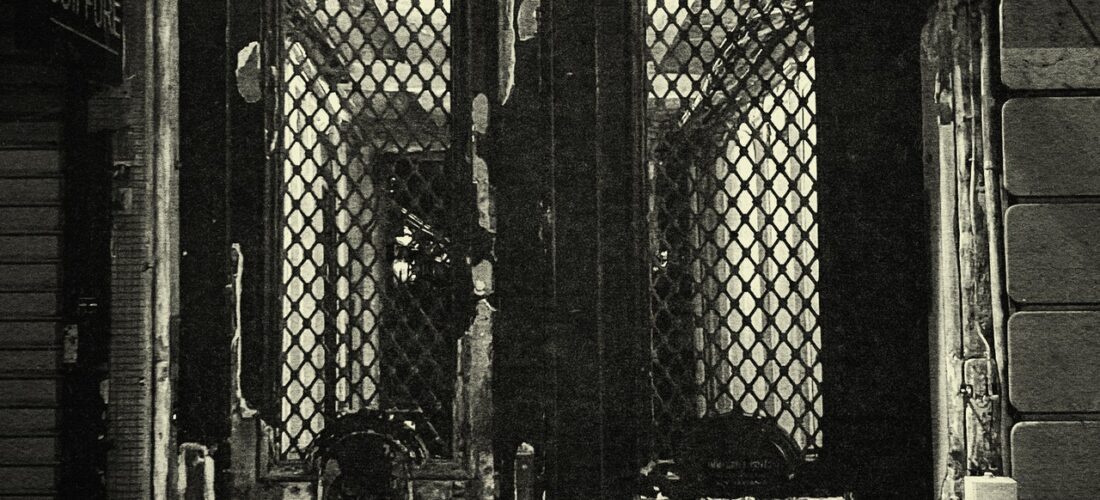Who the fuck is Sturgill Simpson? Folks have been asking that question ever since A Sailor’s Guide to Earth was surprise-nominated for the 2016 Grammy for Album of the Year alongside Beyoncé, Drake, Justin Bieber, and eventual winner Adele. It became a meme for a few months, with Sturgill even selling T-shirts and sporting a new one at Bonnaroo that read, “Who the fuck is asking?” It all seemed like a good joke at the time, maybe even a pointed commentary on how talent goes unrecognized in Nashville, but the question sums up Simpson’s career; nobody has been asking more than the man himself. He posed it repeatedly on his first three albums, which, in retrospect, form a loose trilogy about losing and finding himself—in Nashville (2013’s High Top Mountain), in the cosmos (2014’s Metamodern Sounds in Country Music), and on the high seas (Sailor’s Guide).
Since that Grammy nomination, however, Sturgill has become much harder to pin down, for himself and for us. He seemed to get lost in different roles: first the guitar shredder on the 2019 manga soundtrack SOUND & FURY, then the bluegrass auteur on not one but two acoustic albums, and finally an outlaw troubadour on the song cycle The Ballad of Dood & Juanita. After rupturing his vocal cords in 2021, he announced his retirement from touring, then unretired for a short tour earlier this year. But he is still making good on his promise to record no more than five albums of new material, which represent “the traditional Christian narrative of the journey of the human soul.” The bluegrass records don’t count because they’re almost entirely retreads of older songs. And his latest is not technically a Sturgill Simpson album.
Credited to Johnny Blue Skies, Passage du Desir is simultaneously two things that seem completely contradictory. It’s the first album Simpson has released under a pseudonym, and it’s also the true follow-up to A Sailor’s Guide to Earth. In addition to ditching his given name, he chucks most of the R&B horns and Bakersfield riffs that punctuate his previous songs in favor of percolating percussion, cosmic string arrangements, and bluesier guitars. This is country music caught between earthiness and spaciness, and it reintroduces him as one of Nashville’s oddest artists, who understands and subverts both the square mainstream and the outlaw fringes of country music. It’s been only three years since Dood & Juanita, but Passage still feels like a comeback.
